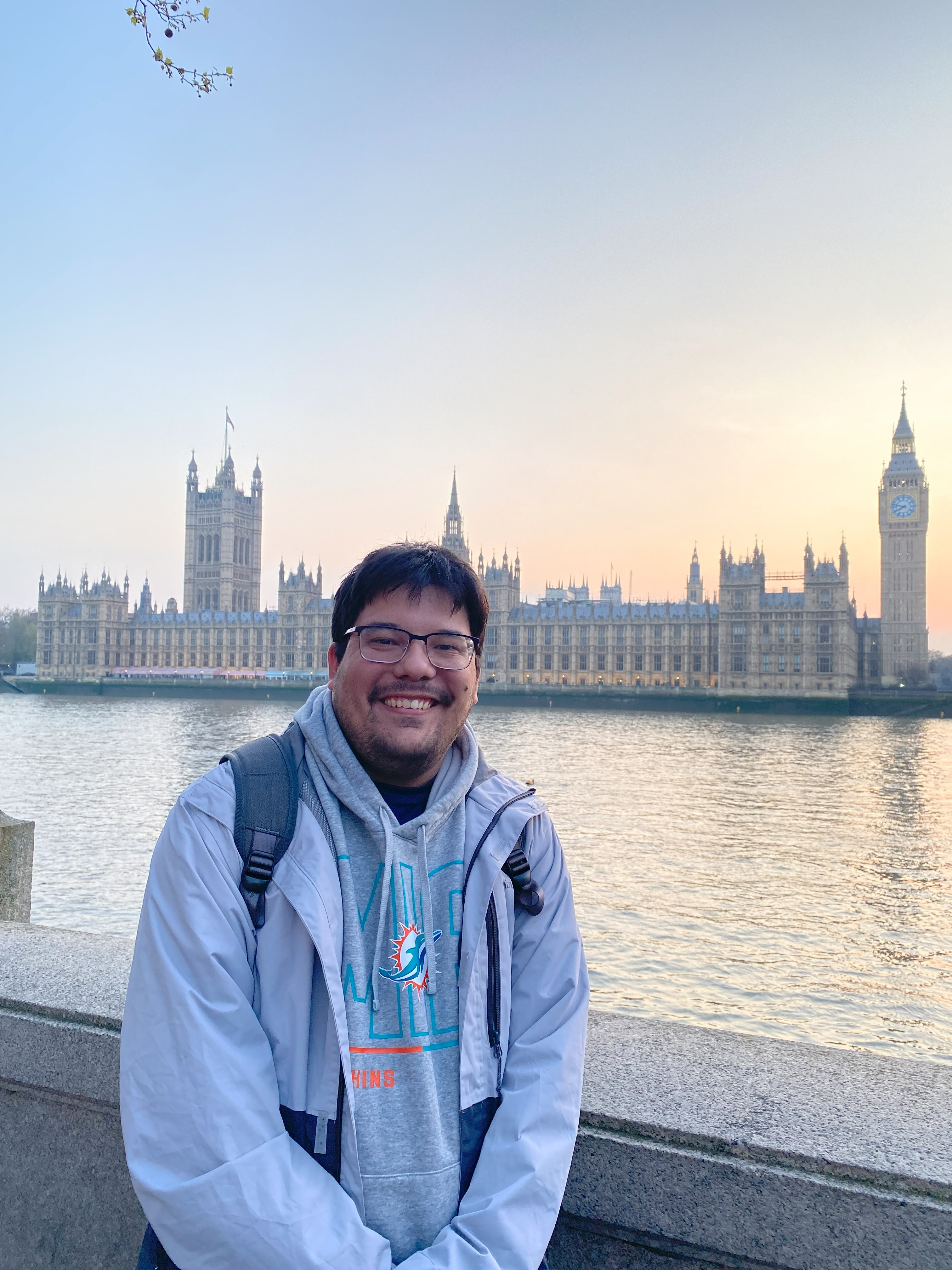How Atlanta training center opponents collected tens of thousands of signatures

When customers visited Videodrome over the summer, they could do a lot more than just rent a movie from the old-school video store on North Highland Avenue.
Patrons were also invited to take a stand on what is, arguably, the most controversial subject in the city — the proposed public safety training facility to be built in an urban forest for $90 million.
Videodrome’s owners agreed to put out petition signature forms, in support of the effort to force the project onto ballots for the public to decide its fate through a referendum.
Store owner Matt Booth told The Atlanta Journal-Constitution that the decision came down to making sure city residents have a voice on the divisive issue. Booth is one of multiple business owners who aided the referendum drive by allowing the petitioners access to their customers.
“It just seemed like a logical solution,” he said in an email. “We’re always interested in supporting democracy.”
Organizers had a period of about three months to hit the high bar of collecting signatures from 15% of Atlanta’s registered voters, a number that comes out to around 58,000 people. Much of their messaging pushed the idea that voters should have a say, regardless of how they vote on the issue.
The referendum drive set up in other businesses, such as grocery store parking lots and popular pubs like Best End Brewing.
During a comedy show in August at Dynamic El Dorado in Edgewood, several performers took the last moments of their set to promote the petition and offer audience members the chance to sign.
Liv Smith, a stand-up comedian working to gather signatures, said she used the center-stage opportunity during the final push of collecting names before the paperwork was turned in at City Hall.
“It felt like a natural thing to do, to say something when I had the platform to say it,” she said.
The grassroots effort to collect was seemingly successful when organizers turned in what they said was double the amount of signatures needed to the Municipal Clerk’s office in September. City officials must still go through a rigorous verification process of making sure each signature came from a registered city voter.
An analysis of the 25,000 or so petition papers by the Atlanta Journal-Constitution showed that there are about 111,000 signatures total, although the AJC has not verified if each is a registered Atlanta voter.

In the months leading up to the submission deadline, organizers say they focused on staking out high traffic areas throughout the city. They caught a big break when a court ruling extended the deadline by an additional 30 days, although that ruling has been appealed by the city and it is unclear if signatures collected in the additional time allotment will count. Oral arguments are scheduled for Dec. 14.
Volunteers with the drive fanned out in places like shopping centers, MARTA stations, bars and even Atlanta United tailgates.
“We were sending people out while we were trying to recruit people, while we were trying to raise money for our paid operation, while we were trying to bring in partners to help add capacity to fight, while we were also trying to figure out the best strategy,” said Kate Shapiro, an East Point resident who was a field operation leader.
Shapiro was in-charge of leading the signature collectors throughout the city, an effort which organizers say resulted in turning in more than 116,000 signatures.
The organizer said the group’s confidence wavered at times, mainly due to roadblocks placed by the city. But organizers got a major boost, she said, when a federal court judge ruled in July that non-Atlanta residents could collect signatures and extended the 60-day timeline.
“I would say that (the court decision) was a massive victory. It was a massive shot in the arm for our morale,” Shapiro said.
The AJC found that by the original 60-day deadline of Aug. 21, organizers collected about 100,000 signatures. With the extended time, they were able to collect around 8,600 more.
The number of available volunteers increased following the court’s ruling, she said. But the challenge then shifted to making sure signature collectors understood the rules when they went out.
Despite their best efforts, even their most skilled signature collectors wouldn’t bring back more than 15 signatures or so after a three-hour shift. Often people refused to sign or wouldn’t even know about the referendum effort, let alone the training center itself, Shapiro said.
“The reality is that getting somebody to sign a petition in real time is way harder than just knocking on a door and asking somebody what they think about something,” Shapiro said.

Although volunteers ran many of the stakeouts at local businesses, organizations like Black Male Initiative, CASA, New Georgia Project and Georgia Latino Alliance helped build out the canvassing effort.
Alberto Feregrino, lead organizer with CASA, said his organization got involved after the signature collection process had already started. An organization made up of many Spanish-speaking metro Atlantans, Feregrino said they worked to bridge the gap between the movement and Hispanic communities.
“Once we started having these discussions with community members in June, we realized that folks actually weren’t too aware of Stop Cop City, they hadn’t heard a lot of coverage about it on mostly Spanish speaking channels,” he said.
The uncertainty of the court’s ruling and the city’s appeal meant organizers needed to take extra precautions to make sure signatures count. Feregrino said CASA made sure anyone collecting signatures was accompanied by an Atlanta resident.
In the end, they were able to collect 8,354 signatures to add to the 116,000 total collected by the coalition, according to Feregrino.
But how many of the signatures are actually valid out of the tens of thousands collected by organizers remains unknown. Shapiro said they’re confident with their numbers after they ran their own internal quality control operation before submitting the papers.
“We’ve galvanized a base of hundreds of thousands of people that are aligned in a demand for direct democracy for a say in the future of our city, for a say in how our resources are spent,” Shapiro said.
But a consulting firm with ties to the city believes otherwise, after it conducted a preliminary analysis of the petition forms.
Officials with the firm said that after taking a random sample across the some 25,000 pages of names, and reviewing each individually to see if they could identify them as an Atlanta voter, they predict there are just over 49,000 potentially verifiable signatures. That would leave organizers about 9,000 signatures short, if the analysis of the sample holds true.
But even if city officials determine there are sufficient valid signatures, the issue of whether a referendum is valid in this case will likely be decided by the courts. Attorneys working for the city have repeatedly argued in court filings that state law does not allow a referendum to overturn the signed lease between the city and its police foundation.
Shapiro said they expect more referendums in the future and are working on ways to document what they did to help out future organizers that want to try to get a referendum.
With the November ballot no longer feasible, the focus is now on a potential March ballot.
“They are trying to drag this out. What they are miscalculating is the more that they deflect and stonewall and duck and deceive their constituents, we’re building an electoral block that can actually unseat them,” she said.
— Staff reporters Justin Price and Rahul Deshpande contributed to this report.
About this story: Construction of Atlanta’s public safety training center has been one of the most divisive issues in the city this year, and opponents of the center have led a petition drive that aims to trigger a citywide vote on the issue. Attorneys for Atlanta are trying to block the effort through legal proceedings, arguing that a referendum can’t overturn the contract between the city and the Atlanta Police Foundation to build and operate the facility. City officials say the training center is necessary to provide first-class training to the city’s police and fire divisions. Opponents, who argue the facility will only enhance the militarization of police and worry about destruction of the forest, are expected to defend their petition efforts. Over the next few months, debate in and out of court will focus on the validity of the petition drive itself, how it was conducted and whether the 116,000 petitions submitted include enough signatures from registered city voters to meet a 58,000 requirement to trigger the referendum. This story examines center opponents’ efforts to collect those signatures.


